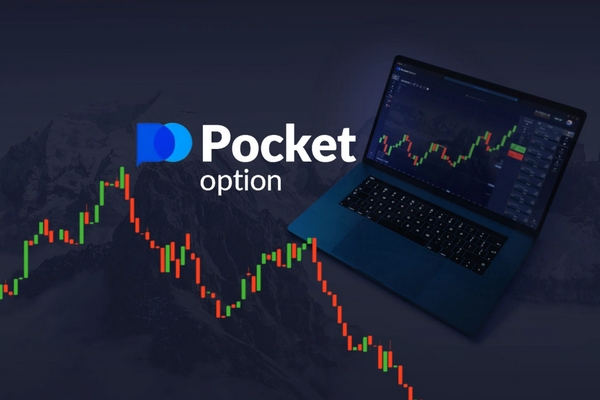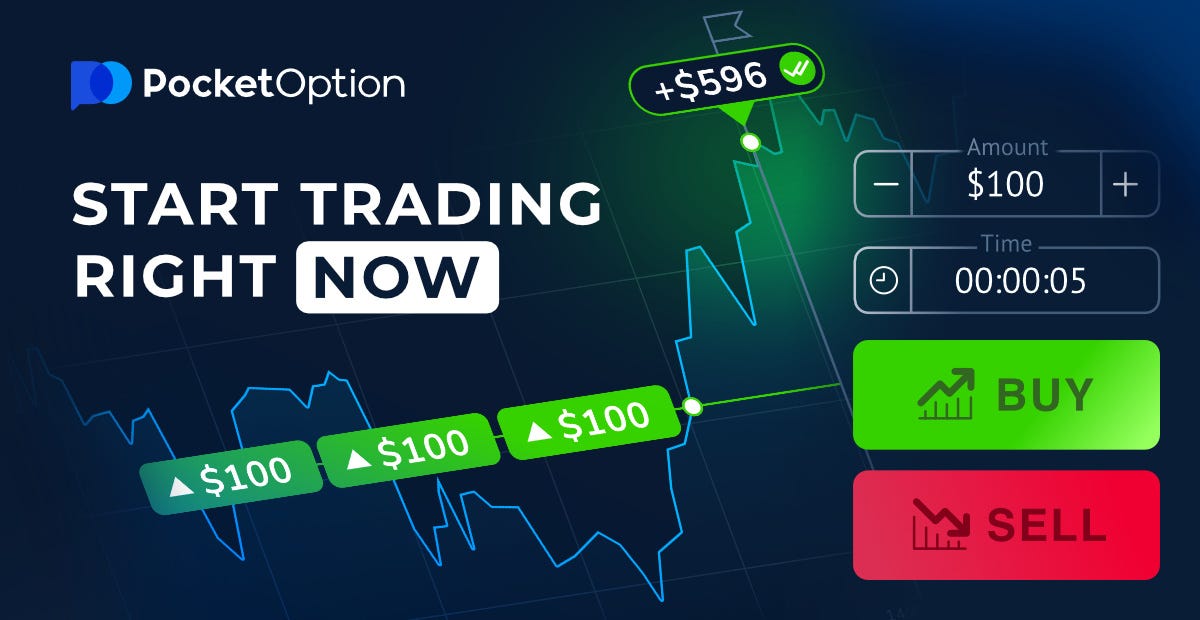pocketoption
Understanding the Regulation Pocket Option in Trading

In the world of online trading, the importance of regulatory frameworks cannot be overstated. Investors must operate within trustworthy environments, and this is where Regulation Pocket Option regulation Pocket Option becomes crucial. This article aims to explore the various aspects of Pocket Option’s regulation, its implications for traders, and the overall significance of trading regulations.
What is Pocket Option?
Pocket Option is an online trading platform that provides access to a variety of financial instruments including cryptocurrencies, forex, commodities, and stocks. Launched in 2017, it has gained attention for its user-friendly interface and a range of features designed to attract both novice and experienced traders. However, before engaging with any trading platform, understanding its regulatory status is essential.
The Importance of Regulation in Trading
Regulation serves several critical functions in the realm of trading. Firstly, it is designed to protect traders from fraud and ensure that trading platforms adhere to fair practices. Regulatory bodies establish guidelines that platforms must follow, ensuring transparency and protecting investors’ rights. Furthermore, regulated platforms are usually required to maintain certain levels of capital, perform regular audits, and implement robust security measures.
Current Regulatory Status of Pocket Option

Pocket Option is operated by Gembell Limited, which is registered in the Saint Vincent and the Grenadines. This jurisdiction allows companies to establish themselves with relative ease, which is a double-edged sword for traders. While registration in less-regulated areas like St. Vincent does not guarantee the same level of investor protection as more reputable jurisdictions (like the UK or the US), it is essential to analyze the operations and compliance mechanisms in place.
Licensing and Compliance
As of now, Pocket Option does not possess extensive regulatory licensing from major regulatory bodies like the FCA (UK), ASIC (Australia), or SEC (USA). However, the platform adheres to its own set of internal compliance protocols designed to foster a secure trading environment. Non-regulated brokers may not provide the same level of investor protection, which raises questions for potential traders about risk management.
Potential Advantages and Drawbacks of Trading with Pocket Option
One of the main advantages of trading with Pocket Option is its user-friendly interface and range of trading options. The platform provides various educational resources, demo accounts, and the possibility of trading with as little as $1. Additionally, the platform’s competitive payout rates and promotional bonuses can be appealing for many traders.
Drawbacks of Relying on a Non-Regulated Platform

However, the absence of strict regulatory oversight comes with drawbacks. Traders should consider the following risks:
- Investor Protection: Without regulatory oversight, traders may have less recourse in the event of disputes or platform failures.
- Market Manipulation: There is a potential risk of market manipulation since there may be no independent authority overseeing trade practices.
- Withdrawal Issues: Some traders have reported difficulties in withdrawing funds, a common concern among traders using non-regulated platforms.
Safety Measures Implemented by Pocket Option
Despite its lack of regulation, Pocket Option has implemented several safety measures to protect its users. These include advanced encryption protocols to secure users’ personal and financial information, as well as risk management tools that help traders mitigate losses. Users are also encouraged to employ two-factor authentication (2FA) to add an extra layer of security to their accounts.
Conclusion
In conclusion, while Pocket Option offers a compelling platform with numerous features, potential users must weigh the benefits against the risks associated with non-regulated trading platforms. The regulation Pocket Option is a critical factor in ensuring a safe trading environment. For traders considering entering the world of online trading, it is essential to conduct their own due diligence and carefully evaluate the risks at hand.
Final Thoughts
As the landscape of online trading continues to evolve, the regulations will likely adapt. Traders should stay informed about changes in legislation, broker practices, and their own rights within the trading environment. Overall, careful consideration of regulation—and choosing to trade with a well-regulated broker—can significantly influence one’s trading success and overall experience in the markets.